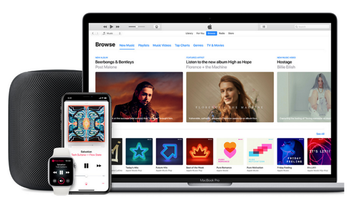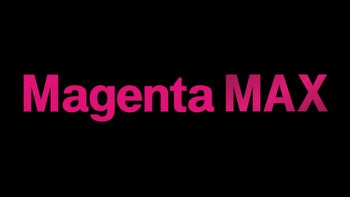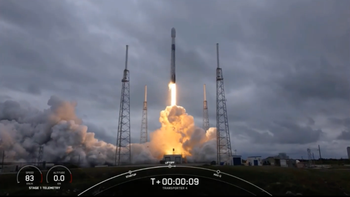Apple's second largest business could face hard times ahead says analyst

Even though Apple has seen sluggish demand for the 2018 iPhone models, the company figures that it could count on its services division for continued growth. The businesses included in this category include AppleCare, Apple Pay, the App Store, iTunes, Apple Music and more. It is the second largest generator of revenue for Apple (after the iPhone, of course), and is believed to be the most profitable part of the company. Apple CEO Tim Cook has pointed out that the company's services business benefits from the large installed base of iPhones, believed to be as high as 1.5 billion units globally. This insulates the services business from weak iPhone sales.
Apple has articulated a goal of hitting $50 billion in services revenue by 2020, from 2017's $30 billion gross. During the fourth fiscal quarter of 2018, which includes the three months from July 2018 to the end of September 2018, services revenue hit a quarterly record $10 billion. While Apple seems on the way to achieving its target, one analyst calls the division "another shoe to drop." According to CNBC, Toni Sacconaghi of AB Bernstein worries that companies selling subscriptions in the App Store are beginning to rebel against paying what has become known as the "Apple Tax."
Apple charges companies like video streamer Netflix and music streamer Spotify 15% to 30% of monthly subscription revenue generated by App Store users. Apple takes 30% of what a subscribers pays for the first year, and 15% of what he pays in subsequent years. To avoid paying this, developers like Netflix and Spotify have been moving away from accepting new subscribers through their iOS apps. For example, last month Netflix said that it would no longer allow new members, or those returning after quitting the service, to subscribe via Apple's ecosystem. While continuing subscribers can continue to make in-app payments, the others will have to join (or re-join) by going to the Netflix website.
Apple Chief Financial Officer Luca Maestri points out that even though Netflix is the largest developer in the App Store, it contributed less than .3% of total services revenue last year. In other words, the company doesn't seem too worried about developers rejecting the "Apple Tax." Even if Apple isn't concerned, Sacconaghi fears a growing "discontent," telling clients today that this could grow into a major revolt by developers. His chief concern though, is a case currently in front of the Supreme Court. If the court issues a ruling that results in the "Apple Tax" being branded a monopoly that overcharges developers, services revenue growth could be severely impacted. A ruling isn't expected soon since the court has yet to decide whether the plaintiffs have the right to sue.








![T-Mobile's quiet app change might be why your phone rings off the hook [UPDATED]](https://m-cdn.phonearena.com/images/article/169066-wide-two_350/T-Mobiles-quiet-app-change-might-be-why-your-phone-rings-off-the-hook-UPDATED.jpg)




Things that are NOT allowed: